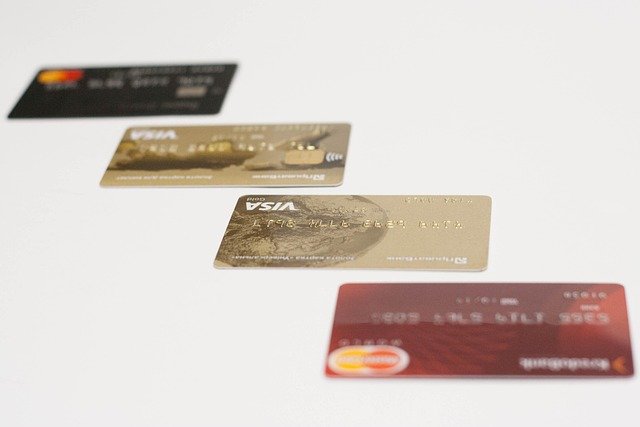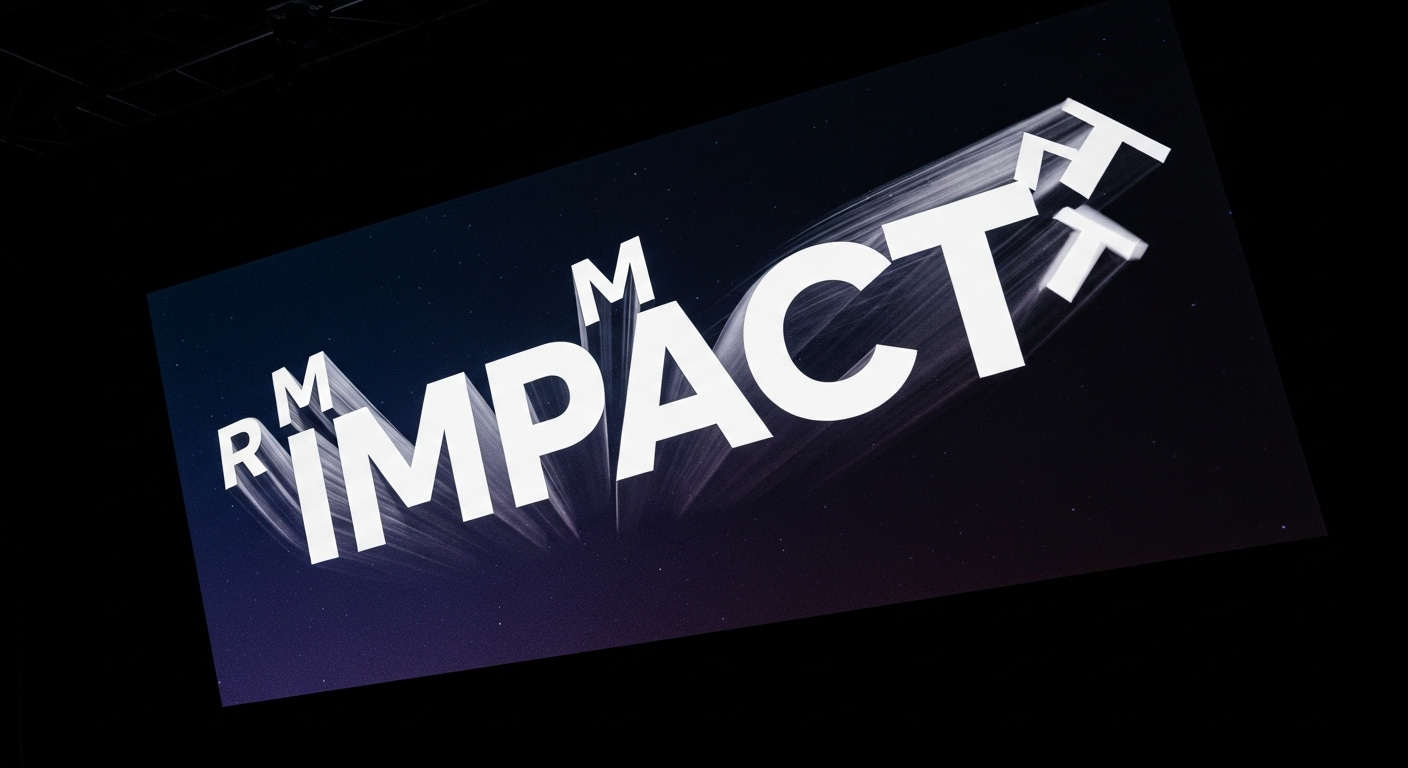Credit Cards: Understanding Their Impact on Your Financial Health
Credit cards have become an integral part of modern financial life, offering convenience and flexibility in managing personal finances. However, they can also significantly impact your credit score and overall financial health. This article explores the various aspects of credit cards, their relationship with credit scores, and how they can affect your money management strategies.

Can you get a credit card with bad credit?
Having bad credit doesn’t necessarily mean you’re excluded from obtaining a credit card. Several options are available for individuals with less-than-perfect credit histories. Secured credit cards, which require a cash deposit as collateral, are often easier to qualify for and can help rebuild credit. Some issuers also offer credit cards specifically designed for people with bad credit, though these may come with higher interest rates and lower credit limits. Another option is becoming an authorized user on someone else’s credit card account, which can help you benefit from their good credit history.
What are the best ways to use a credit card to improve your finances?
Credit cards, when used strategically, can be powerful tools for improving your financial situation. One effective method is to use your credit card for regular expenses that you can afford to pay off in full each month. This helps build a positive payment history without incurring interest charges. Taking advantage of cashback or rewards programs can also provide additional value, essentially earning money on purchases you would make anyway. Some cards offer introductory 0% APR periods, which can be useful for making large purchases or consolidating debt, provided you have a plan to pay off the balance before the promotional period ends.
How can you avoid common credit card pitfalls?
While credit cards offer many benefits, they also come with potential pitfalls that can lead to financial strain. One of the most common mistakes is carrying a high balance and only making minimum payments, which can result in significant interest charges over time. To avoid this, aim to pay your balance in full each month. It’s also crucial to read and understand your card’s terms and conditions, including interest rates, fees, and rewards programs. Be wary of using credit cards for cash advances, as these often come with high fees and interest rates. Lastly, avoid applying for multiple cards in a short period, as this can negatively impact your credit score.
What are the different types of credit cards available?
The credit card market offers a wide variety of options to suit different financial needs and lifestyles. Some common types include:
| Card Type | Key Features | Best For |
|---|---|---|
| Rewards Cards | Earn points, miles, or cashback on purchases | Frequent spenders who pay off balances monthly |
| Balance Transfer Cards | Low or 0% intro APR on balance transfers | Those looking to consolidate high-interest debt |
| Secured Cards | Require a cash deposit, easier to qualify for | People with bad credit or no credit history |
| Student Cards | Designed for college students, often with lower credit requirements | Young adults building credit for the first time |
| Business Cards | Offer perks tailored to business expenses | Small business owners and entrepreneurs |
Prices, rates, or cost estimates mentioned in this article are based on the latest available information but may change over time. Independent research is advised before making financial decisions.
How does credit card interest work?
Understanding credit card interest is crucial for managing your finances effectively. Interest is typically charged on any balance carried over from one billing cycle to the next. The interest rate, often expressed as an Annual Percentage Rate (APR), can vary widely between cards and issuers. Most credit cards use compound interest, meaning interest is calculated not just on the principal balance but also on previously accrued interest. This can cause debt to grow rapidly if not managed carefully. To minimize interest charges, it’s best to pay your balance in full each month. If that’s not possible, paying more than the minimum payment can help reduce the overall interest you’ll pay over time.
In conclusion, credit cards are powerful financial tools that can significantly impact your credit score, money management, and overall financial health. By understanding how they work, using them responsibly, and choosing the right card for your needs, you can leverage credit cards to improve your financial situation while avoiding common pitfalls. Remember, the key to successful credit card use lies in informed decision-making and disciplined financial habits.





